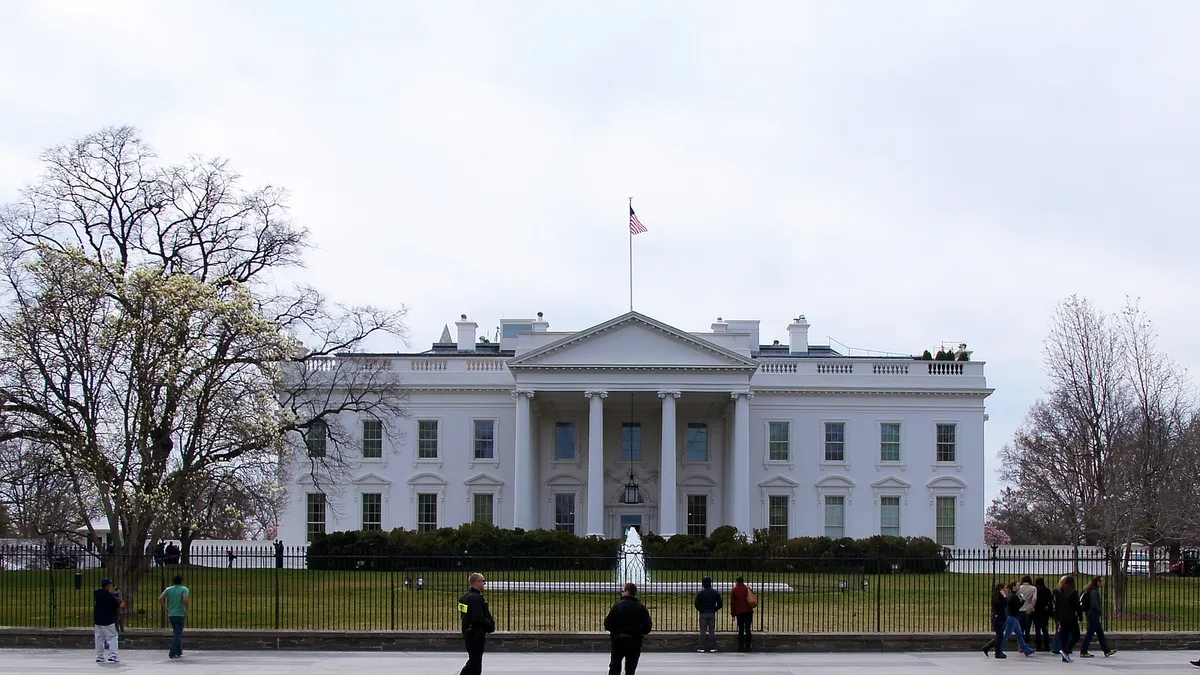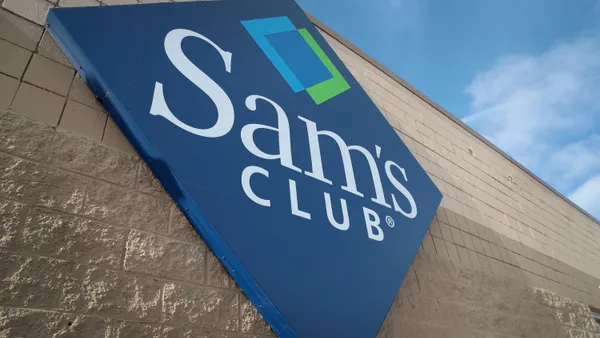Dive Brief:
-
Foreign contractors seeking H-1B visas will now have to prove their candidacy for a "specialty occupation" and provide documentation for third-party assignments, according to an announcement by U.S. Citizenship and Immigration Services (USCIS). The rule, which went into effect on Thursday, could make the visas more difficult to obtain.
-
The policy is designated for workers employed by one or more third-party employers. To justify visa holders' legitimacy of employment, employers "must provide contracts and itineraries for employees" that work at third-party worksites.
-
While visa holders can extend their H-1Bs for up to three years, contractors will have a limit placed on their time during "non-speculative work." The potential visa holder is also expected to "maintain the requisite employer-employee relationship" during their time in-between roles.
Dive Insight:
In an attempt to "protect the interests of U.S. workers," the change in the program is just the latest alteration to fit the Trump administration's "Buy American, Hire American" executive order, according to the announcement.
Ultimately, companies heavily reliant on onboarding workers from India will feel the most impact. India acquires more H-1B visas than any other country. India-based companies like Infosys gain a lot of business from employing its workforce to fulfill contracts in the U.S.
Still, even with stricter rules for contractors, other deterrents may impact applicants. The H-4 visa, which enables the spouses of H-1B visa holders to work in the U.S., may also be in jeopardy. However, there is no clear date as to when or if the H-4 visa could be removed or limited.
The numbers of approvals have declined in the last decade but 2017's approval rate dropped below 60%, a record low. H-1B visa filings for FY19 begin on April 2 and it is yet to be seen how changes such as this one will impact approvals.















